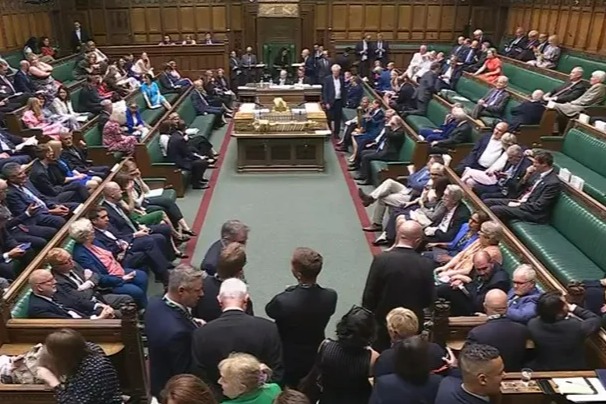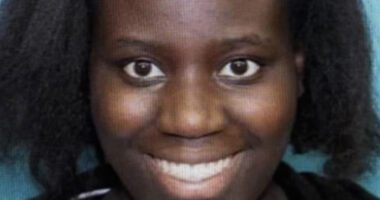A HISTORIC vote to decriminalise women terminating their own pregnancies has been passed by MPs.
Labour MP Tonia Antoniazzi’s amendment to the Crime and Policing Bill was supported, with MPs voting 379 to 137, majority 242.



The Gower MP highlighted that the proposed changes would eliminate the risk of “investigation, arrest, prosecution, or imprisonment” for women taking actions related to their own pregnancies.
A push for change came after she saw how women had been investigated by cops over suspected illegal abortions.
MPs passed an amendment to the Crime and Policing Bill with a majority of 242.
Under current law in England and Wales, abortion is allowed up to the first 24 weeks of pregnancy – and beyond that in certain circumstances.
Notwithstanding, abortion is still regarded as a criminal offense according to the Offences Against the Person Act 1861 and the Infant Life (Preservation) Act 1929, requiring the consent of two medical practitioners.
The result of the vote has not become official law as of yet.
But it has been added to the government’s flagship Crime and Policing Bill that is making its way through parliament.
It will then become law once that bill receives royal assent.
Addressing concerns during the Bill’s report stage, Ms Antoniazzi reassured fellow lawmakers that the existing 24-week limit would be retained, and abortions would still necessitate approval and signatures from two doctors.
Fellow Labour MP Stella Creasy said she faced “unforgivable abuse” outside Parliament ahead of the vote.
The Labour MP also maintained that healthcare professionals “acting outside the law and abusive partners using violence or poisoning to end a pregnancy would still be criminalised, as they are now”.
On issues such as abortion, MPs usually have free votes, meaning they take their own view rather than deciding along party lines.
During a Westminster Hall debate earlier this month, justice minister Alex Davies-Jones said the Government is neutral on decriminalisation and that it is an issue for Parliament to decide upon.
The British Pregnancy Advisory Service (BPAS) said the vote is a “landmark moment for women’s rights”.
Chief executive Heidi Stewart said: “This is a landmark moment for women’s rights in this country and the most significant change to our abortion law since the 1967 Abortion Act was passed.
“There will be no more women investigated after enduring a miscarriage, no more women dragged from their hospital beds to the back of a police van, no more women separated from their children because of our archaic abortion law.
“This is a hard won victory, and we thank all those who have campaigned alongside us, and in particular those women, like Nicola Packer, who have spoken out about their traumatic experiences in the hope of achieving the change parliament has delivered today.
“When we launched the campaign to decriminalise abortion in 2016, we could not have envisaged that within a decade such progress would be achieved.
“In the past six years, we have seen more progressive reform of abortion law than we had seen in the previous 50.
“Today’s vote is testament to the strength of support for abortion rights across the healthcare sector, civil society, parliament, and the country as a whole.
“We look forward to continuing to work with MPs to deliver wider reform and an abortion framework fit for the 21st century.”
What are the current abortion laws?
The current law in England and Wales states that abortion is illegal.
However, it is allowed up to the first 24 weeks of pregnancy and beyond that in certain circumstances such as if the woman’s life is in danger.
Abortions have to be approved by two doctors, who check if one of a list of criteria have been met.
For example, if the pregnancy poses a risk to the physical or mental health of the woman.
Recent law changes have allowed women to access pills to be taken at home to terminate their pregnancies under 10 weeks.
In 2022, the most recent data available, 252,122 abortions were reported in England and Wales – the highest number since records began.
Abortion providers have reported receiving 100 requests for medical records from police officers in relation to suspected abortion offences in the last five years.


















